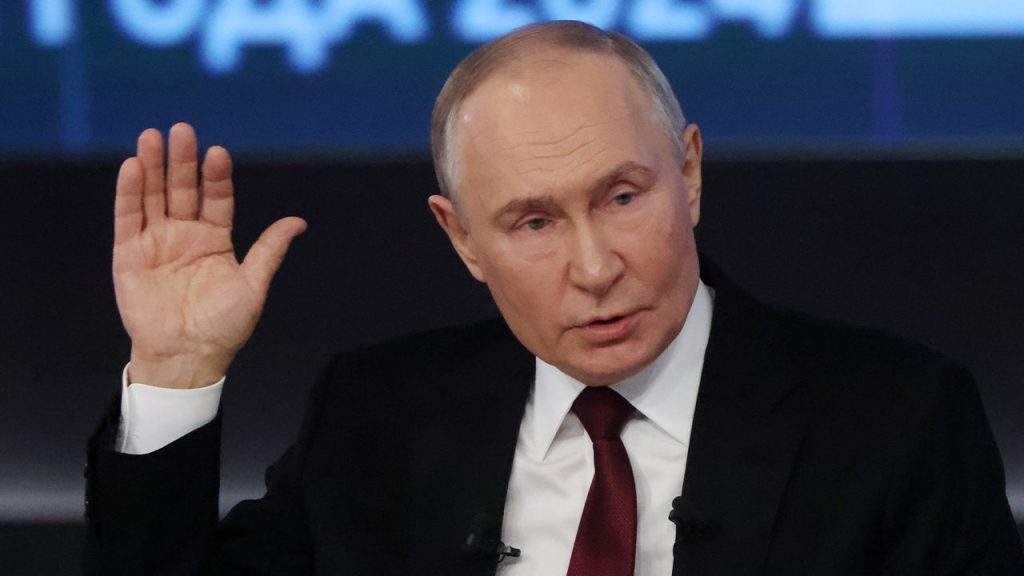The fate of American journalist Austin Tice, missing in Syria for over a decade, has been thrust back into the spotlight following a plea from his mother, Debra Tice, to Russian President Vladimir Putin. Tice’s disappearance in 2012, during the tumultuous early stages of the Syrian civil war, has remained a mystery, with the Syrian government consistently refusing to acknowledge his detention or negotiate his release. The recent collapse of the Assad regime and the Syrian president’s subsequent flight to Moscow have created a renewed sense of urgency in the search for Tice, prompting his mother to directly appeal to Putin, given Russia’s long-standing influence in Syria.
Debra Tice’s letter to Putin, imbued with the hope of a mother desperate for her son’s return, highlights the potential leverage Russia holds in uncovering the truth about Tice’s whereabouts. She acknowledges Russia’s deep-seated connections with the Syrian government and implores Putin to utilize this influence to secure her son’s safe return. This direct appeal to a world leader often at odds with the United States underscores the lengths the Tice family is willing to go to secure Austin’s release. Debra Tice, in an interview, defended her decision to contact Putin, emphasizing the need to engage any individual, regardless of political stance, who might possess information or influence that could lead to her son’s freedom.
Putin, in a recent press conference, responded to Debra Tice’s plea, pledging to raise the issue with Bashar al-Assad. However, he simultaneously expressed skepticism about Assad’s potential knowledge of Tice’s fate, given the chaotic nature of the Syrian conflict at the time of the journalist’s disappearance. Putin’s ambivalent response underscores the complexities of the situation and the uncertainty surrounding Tice’s current status. Despite his reservations, Putin’s commitment to inquiring about Tice with Assad represents a glimmer of hope in a long-standing and frustratingly opaque situation.
The collapse of the Assad regime has spurred the U.S. State Department to intensify its efforts to locate Tice. Secretary of State Antony Blinken has emphasized the administration’s commitment to pursuing every possible lead and engaging with all potential sources of information, highlighting Tice’s case as a top priority. This renewed focus involves reaching out to various actors within the evolving Syrian power structure, including emerging authorities. The State Department is also exploring the possibility of establishing a physical presence on the ground in Syria to facilitate the search, though Blinken emphasized the ability to pursue leads regardless of physical location.
The U.S. government has further underscored its commitment to finding Tice by offering a substantial $10 million reward for information leading to his release. This significant financial incentive aims to encourage individuals with knowledge of Tice’s whereabouts to come forward. Coupled with the State Department’s intensified diplomatic efforts, the reward reflects a multi-pronged approach to resolving the long-standing mystery surrounding Tice’s disappearance.
The convergence of these factors – Debra Tice’s plea, Putin’s response, the fall of the Assad regime, and the intensified U.S. efforts – underscores a crucial moment in the search for Austin Tice. While the path forward remains uncertain, the renewed global attention and the concerted efforts of various parties provide a flicker of hope for his eventual return. The next steps, including Putin’s conversation with Assad and the continued pursuit of leads by the State Department, will be critical in determining whether this renewed momentum can finally bring answers and closure to the Tice family.

